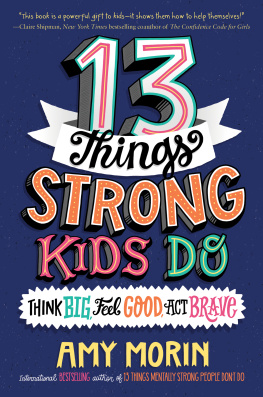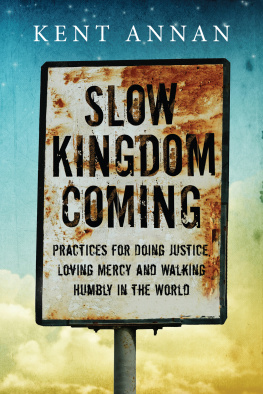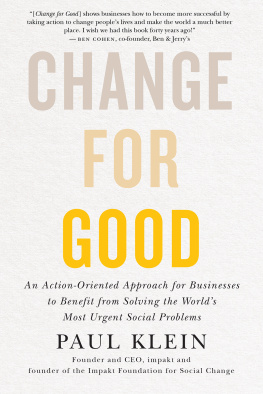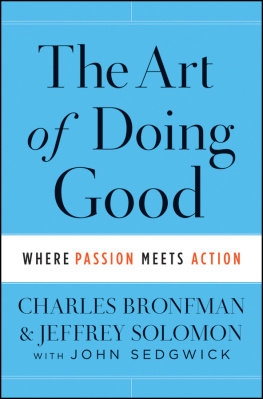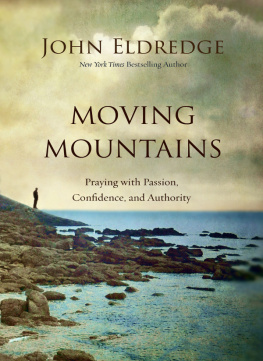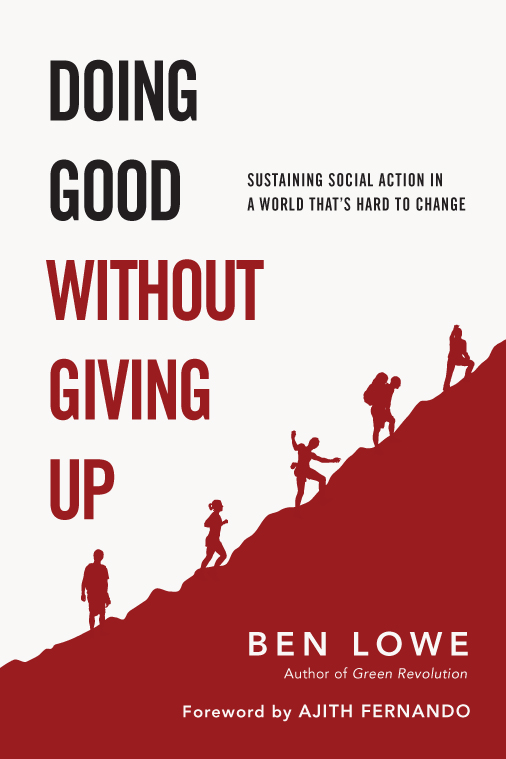and in this world.
now and forever.
Foreword
In my youth, I belonged to the evangelical minority in a mainline church in Sri Lanka and was dismayed by the lack of emphasis on evangelism in the church. With my commitment to Christ in my mid-teens also came a burden to reach the lost with the gospel. I viewed with suspicion the strong emphasis on social action and justice that characterized the understanding of mission among many in my church, almost to the exclusion of emphasis on the need to take the gospel to lost people. In fact, the idea that people without Christ were lost was viewed with disdain by many leaders in our church. I had inherited the attitudes of mutual suspicion that existed during the era of the battle for mission that characterized liberal-evangelical relations in the last century.
Yet from my teen years I was burdened with a love for the poor and with a sense of a call to serve them. This never left me; and during the past three and a half decades my ministry has been primarily with the urban poor. As a youth I developed a growing unease and anger over the class distinctions and inequality that existed in our society. I knew Christians must address these issues. When I was in my mid-twenties I was exposed to the writings of evangelicals, like John Stott and Ron Sider, which showed me biblical Christians can hold a commitment to evangelism alongside a commitment to social justice.
God called me to work in an evangelistic organization, Youth for Christ. This meant that the primary agenda of our movement was evangelism. But as we began working with the poor we realized that our lifestyle and ministry must take into account the glaring inequalities and injustices that exist in society. According to the laws of our land, those doing evangelism cannot be involved in major social projects because of the perceived possibility of alluring people to Christianity using material incentives. But when one works with the poor one cannot ignore the huge social needs they face. As we were committed to the nurture of those who came to Christ in our ministry, we soon found that doing something about their needs was an important part of that nurture. So education and vocational guidance, guidance on how people could avail themselves of opportunities available through government and other groups, and many other such social emphases became part of our program.
Nurturing new believers is an important part of the program of an evangelistic ministry. As the biblical lifestyle includes commitment to social responsibility, this became a part of our nurturing curriculum. Some who had been nurtured in our work opted for careers in social actionrelated causes. It has been our joy to see many youth emerging from our ministry becoming active in macrosocial projects, which evangelistic organizations cannot be engaged in. It has also been my joy to act as an encourager to a few biblical Christians in Sri Lanka and elsewhere who have sensed a primary call to the fields of social and political action. As for me, my primary work remains in the field of evangelism and nurturing those responding to and involved in it.
Yet in the evangelical community there still remains a suspicion that comes from the old evangelism versus social concern wars. Those of us who are involved in evangelism are still accused of being insensitive to human need, and biblical Christians involved in social concern are accused of being unbiblical. For many years I have been wishing for the emergence of a crop of younger Christians belonging to the postwar generation who focus on obeying what the Bible says and the call God gives them without letting the prejudices of a past era cloud their thinking.
Ben Lowe represents this generation. I have known him from the time he was a little boy and watched him grow into a sensitive Christian serious about doing Gods will. In this book he demonstrates an unflinching commitment to the urgent need to share the gospel with all people so they may receive eternal salvation (that relates to my primary vocation). And he writes out of his deep biblical conviction that the church must be involved in social action (that relates to his primary vocation). How much the church needs the deep biblical reflection along with thoroughgoing and sometimes unpleasant application that we see in this book! In reading this book it was my delight to sit at the feet of this young teacher and learn from him.
Perhaps one of the greatest values of this book is that it is a very practical book loaded with examples of positive and negative experiences from Bens own life. It practically applies key biblical values to the work of social involvement and shows how these are important aspects of Christian discipleship. Among such values are the primacy of love; the need to be prophetic in addressing the needs of the world, to respond to opposition Christianly, to avoid all forms of idolatry and to repent when we go wrong; and the importance of sabbath rest, of contemplation and of community life.
Will this emphasis on social concern result in the neglect of evangelism by the church? After all, there are so many social needs in the world that even if the whole church gives itself devotedly to this work there would still be so much more to do. Wheres the time or energy for evangelism? If we realize that people are lost without Christ, that would not happen. We would do all we can, amidst our busy schedules of meeting human need, to ensure that all people everywhere have an opportunity to meet their greatest human need, their greatest right: their need and right to know the salvation their Creator has won for them.
Ajith Fernando
Teaching Director, Youth for Christ, Sri Lanka
Begin Here
Prophets of a Future Not Our Own
It helps, now and then, to step back and take a long view.
The kingdom of God is not only beyond our efforts, it is even beyond our vision.


